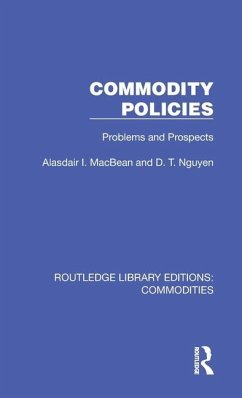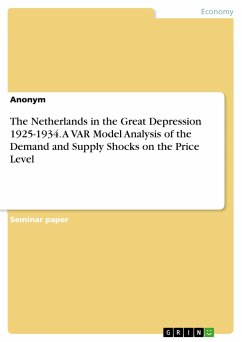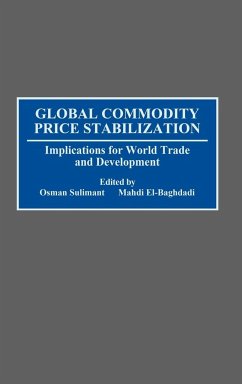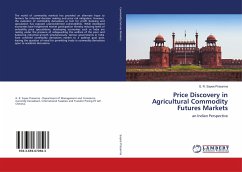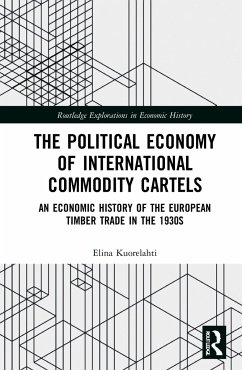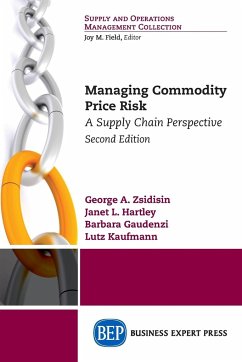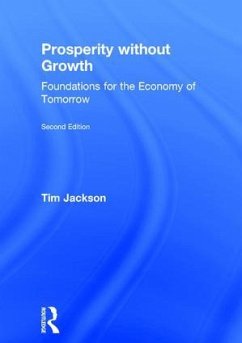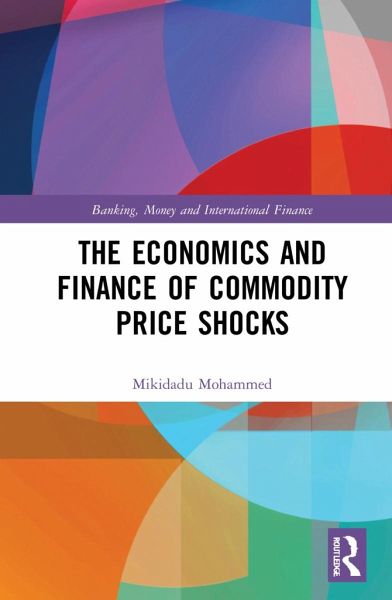
The Economics and Finance of Commodity Price Shocks
Versandkostenfrei!
Versandfertig in 1-2 Wochen
181,99 €
inkl. MwSt.
Weitere Ausgaben:

PAYBACK Punkte
91 °P sammeln!
This book provides insights into the theoretical, conceptual, and empirical modelling of the underlying causes of global commodity price shocks. Readers also learn about different commodity price forecasting models and are exposed to diverse empirical applications of the techniques presented.




